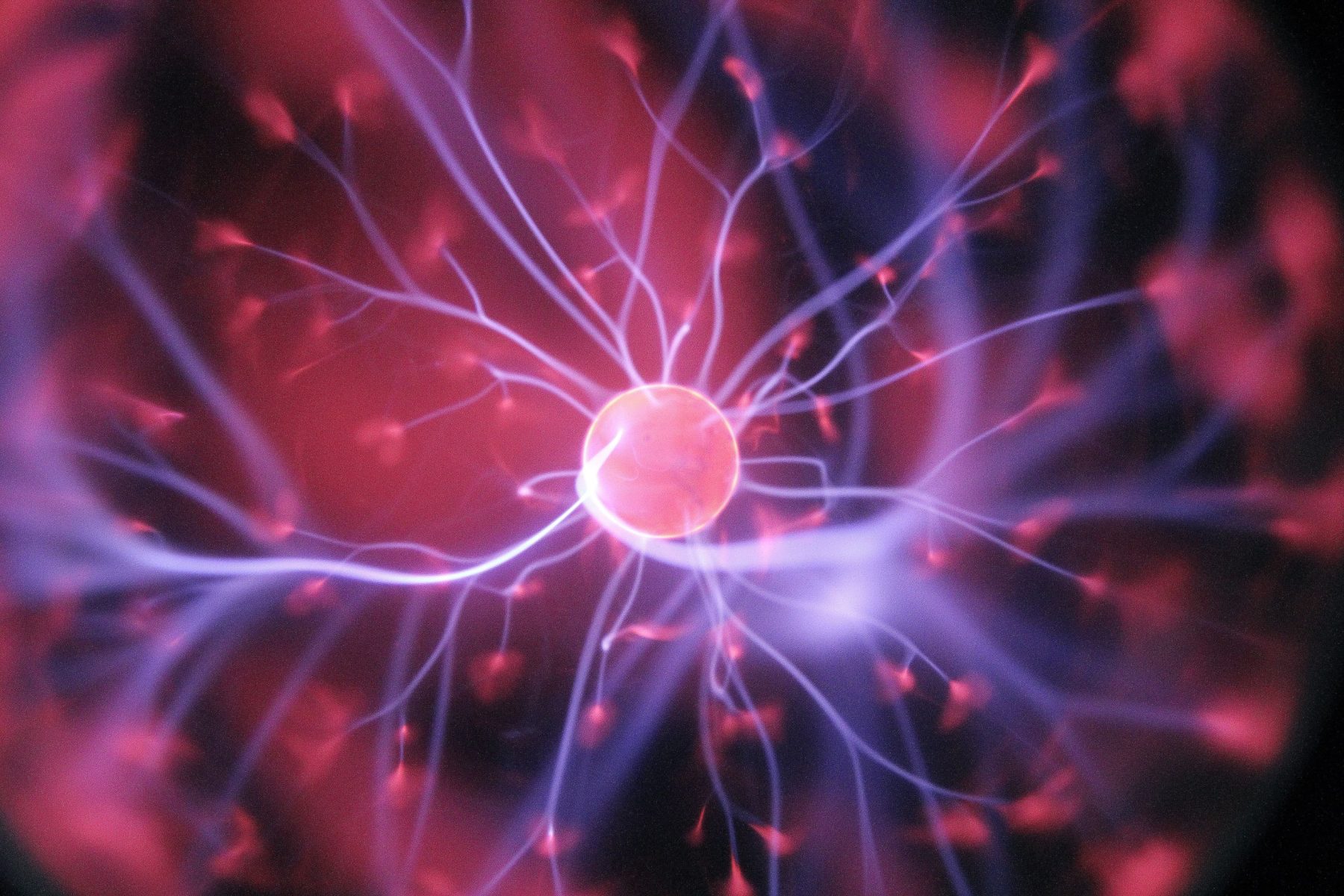The French and German governments, in a theatrical duet, have decided to take a “pickaxe” to the energy market, extending control over nuclear energy prices supplied by the state giant, Electricité de France (Edf). This spectacle, orchestrated by French Prime Minister Élisabeth Borne and announced with great emphasis by Bruno Le Maire, Minister of the Economy, presents a captivating plot and plot twists that shake the entire European energy market.
The crucial move in this drama is the increase in the guaranteed price of wholesale nuclear energy by Edf to €70/MWh from 2026. This figure, in the best theatrical style, is higher than the current price of €42/MWh, raising the curtain on a new era of energy suspense. But there’s more: this guaranteed price, even if higher than the current one, strategically positions itself below current market prices, like an actor who knows when to make his entrance for maximum impact.
Impact on the french and german businesses.
This way, French companies will have the opportunity to secure energy at lower prices than many of their European counterparts. An indirect subsidy that will undoubtedly impact market dynamics, while Paris seems to be staging a veritable “dumping” that could end up particularly affecting companies from other countries, including nearby Italian enterprises.
Germany, on the other hand, has not been left behind. After the €7.5 billion subsidy to save Siemens Energy from bankruptcy, it has disbursed an aid package of €28 billion until 2028. This plan, in addition to reducing taxes on energy, includes specific assistance for 350 large German manufacturing companies.
There is also a surprising twist at the end that risks putting a spoke in the wheel: recently, the German Federal Constitutional Court declared unconstitutional, canceling the supplementary budget law for 2021, in which the German government had reallocated €60 billion from the Covid emergency fund to the Climate and Energy Transformation Fund. The Court considered this transfer inconsistent with laws related to debt brakes, literally making the €60 billion disappear.
This spectacle of pickaxes and power games not only stirs the waters in the energy market but also raises questions about justice and equity within the European single market. As the curtain falls on this tension-filled scene, it remains to be seen what the consequences will be of this geopolitical theatrical piece that is reshaping balances and alliances in the heart of Europe.
And Bruxelles?
The European Union, the true protagonist of this geopolitical drama, is called upon to manage the chaos created by these two main actors. While France plays with manipulating prices to give a boost to its companies, Germany responds with a series of economic aids to maintain the competitiveness of its industries.
This geopolitical saga reveals, on the one hand, a fierce competition between France and Germany to protect their economies from rising energy costs, but on the other, complete disregard for European rules that seem to matter only to certain countries at the expense of others.
What can other Countries do?
Participating in a game where the rules are not uniform is undoubtedly a challenge, but strengthening one’s network and promoting synergies between companies, sharing technological know-how, including used but still functional machinery and equipment, may be the key to strengthening the industrial fabric, especially for medium and small enterprises, in an increasingly competitive market. Our network and our company, acting as catalysts in this context, aim to facilitate and optimize this exchange of technology.
In conclusion.
We are witnessing a new (or perhaps old) European comedy, where the real question remains: who will have the last laugh in the European energy theater?



